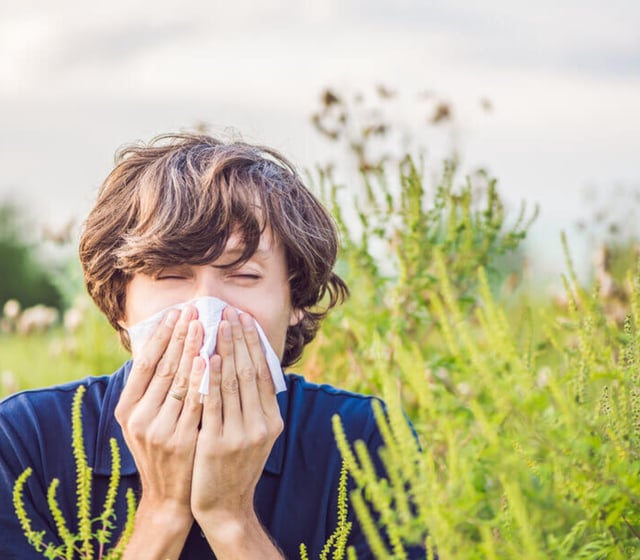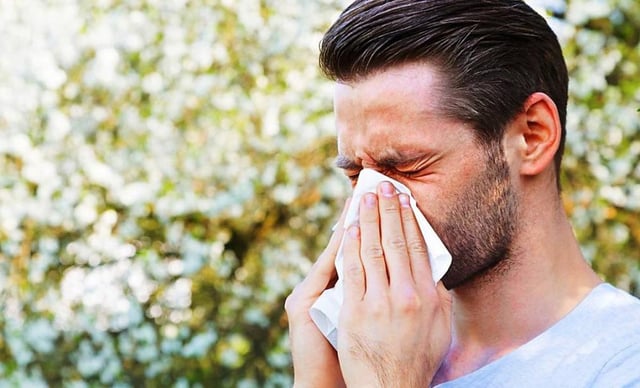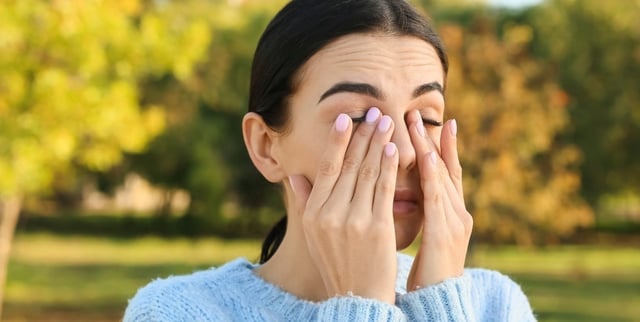Overview
- The Hospital de Clínicas de la UBA reports up to a 30% rise in spring consultations for allergic rhinitis, tied to increased tree and grass pollen.
- Typical symptoms include sneezing, watery nasal discharge, itchy eyes and nose, congestion and fatigue, with possible exacerbations for people with asthma.
- Experts recommend checking daily pollen counts, avoiding outdoor activity around midday peaks, and keeping windows closed in homes and cars.
- Indoor guidance includes using HEPA air purifiers and HVAC or air-conditioning filters rated MERV 11–12, with frequent filter changes during high-allergy months.
- Certified allergy testing enables precise identification of triggers and supports treatments that may include prescription medications and, for moderate to severe cases, allergen immunotherapy.


